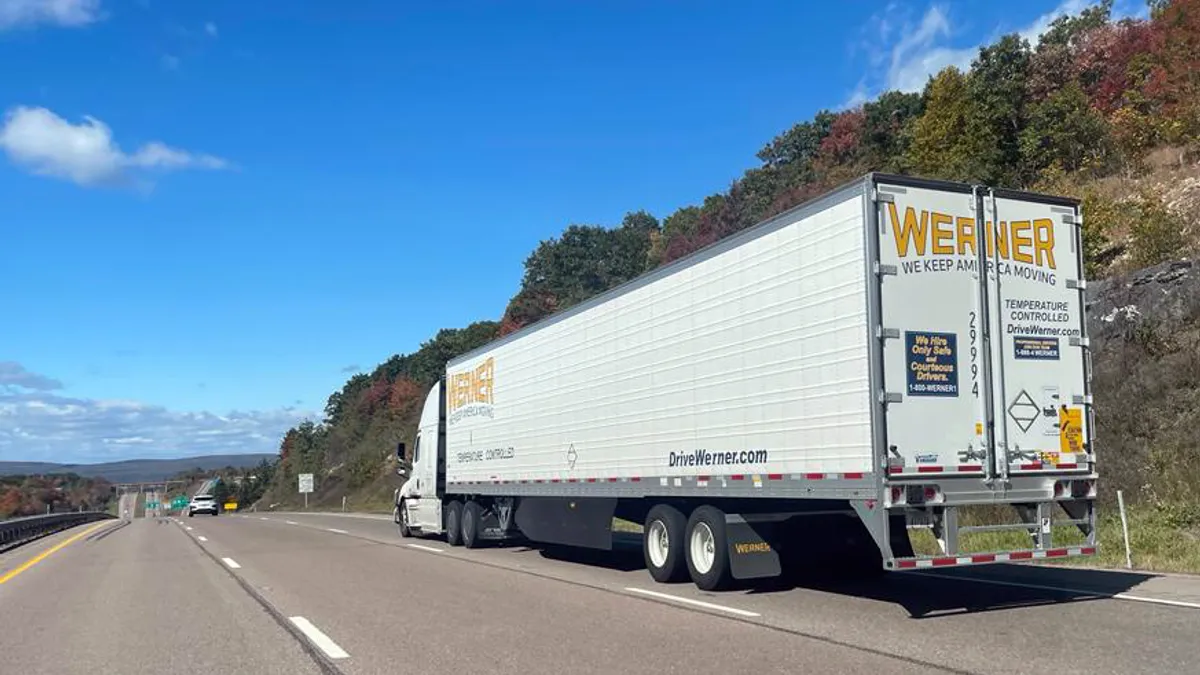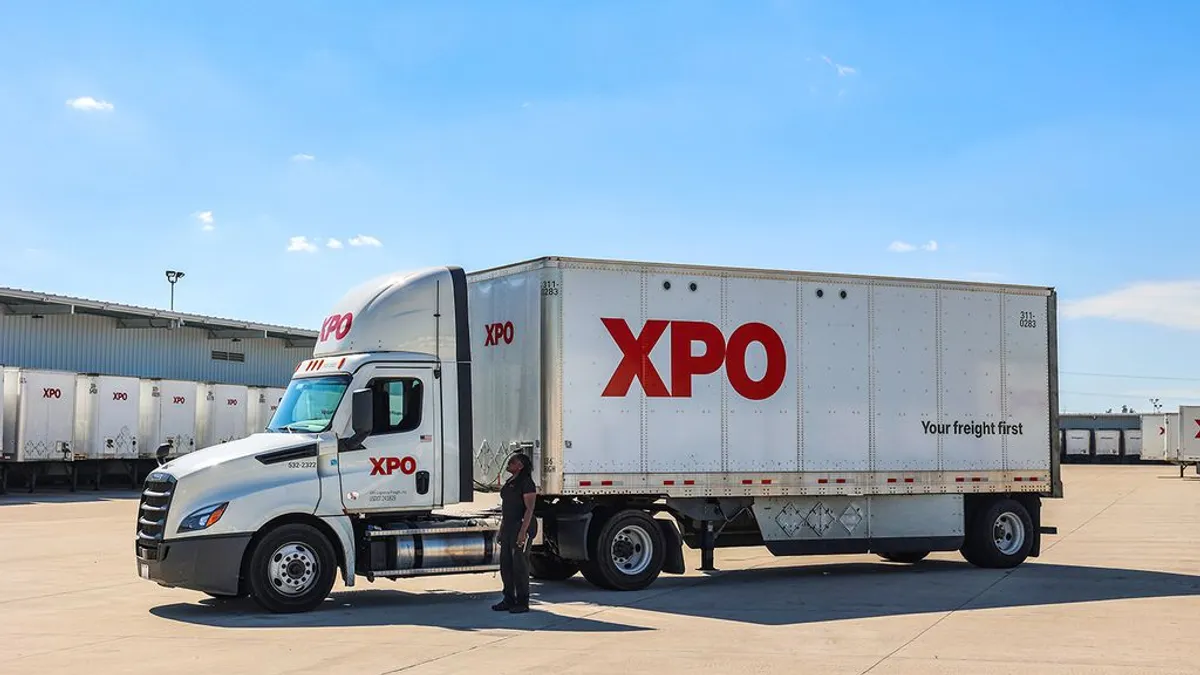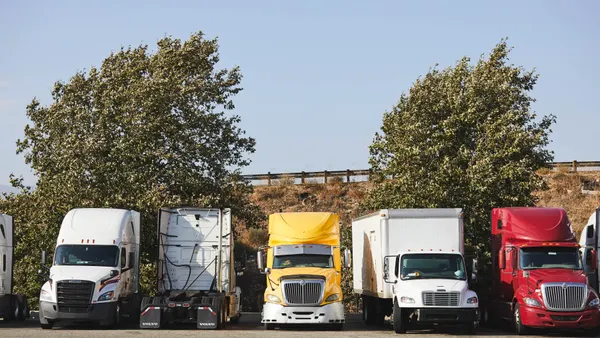Werner Enterprises’ average truck count within its truckload operations decreased by 9.9% in Q3 year over year, part of the company’s strategy on pricing discipline.
The reduction of over 800 trucks across dedicated and one-way businesses came as some customers’ expectations conflicted with the carrier’s needs, CEO Derek Leathers said on an earnings call Tuesday.
The cuts were deeper than initially expected at the beginning of the year, but now there are “early signs of rate inflection,” Leathers said.
The fleet shrinkage also came as the company worked with customers to scale back operations on a temporary basis, and revenue per truck per week increased for both dedicated and one way during the quarter, the company reported.
Additionally, individual dedicated fleets are adding capacity back, Leathers said. He also said this year’s peak season appears poised for positive price and volume development.
Multiple analysts have suggested Q4 pricing won’t see anything significant beyond a holiday boost. But Werner’s retail customers provide most of the company’s revenue, and U.S. sales in the category have continued a steady drumbeat of improvement throughout the year, repeating annual growth.
Overall, Werner’s operating income fell 54% to $17.6 million for the quarter, according to an earnings release, as the carrier reduced its headcount but also found further long-term, sustainable savings, CFO Chris Wikoff said on the earnings call.
The company aims to find over $10 million in savings in Q4 to help it reach its goal of saving over $90 million throughout 2023-2024, Wikoff said. The savings come from innovation, leveraging technology and further integrating and centralizing processes across our legacy and acquired businesses, Leathers said.
But the carrier’s driver school network was not something the company wanted to curtail because of the upside potential in the long run.
Fleets for customers are somewhat returning to their normal size and shape, and the company is still landing new accounts for its services, Leathers said.
“While the overall dedicated environment has experienced greater pressure than past down cycles, we do not believe that there has been a fundamental change in a dedicated model,” Leathers said. “Rather, looking ahead, we see opportunities to preserve and grow our existing dedicated business and to stimulate progress through vertical expansion and private fleet conversion.”













